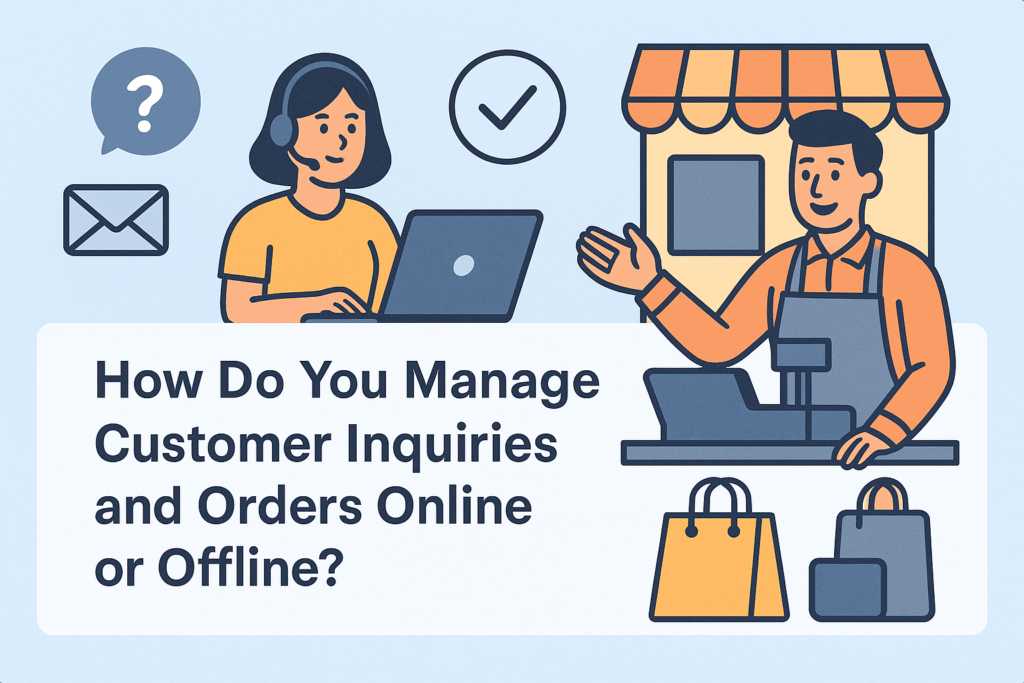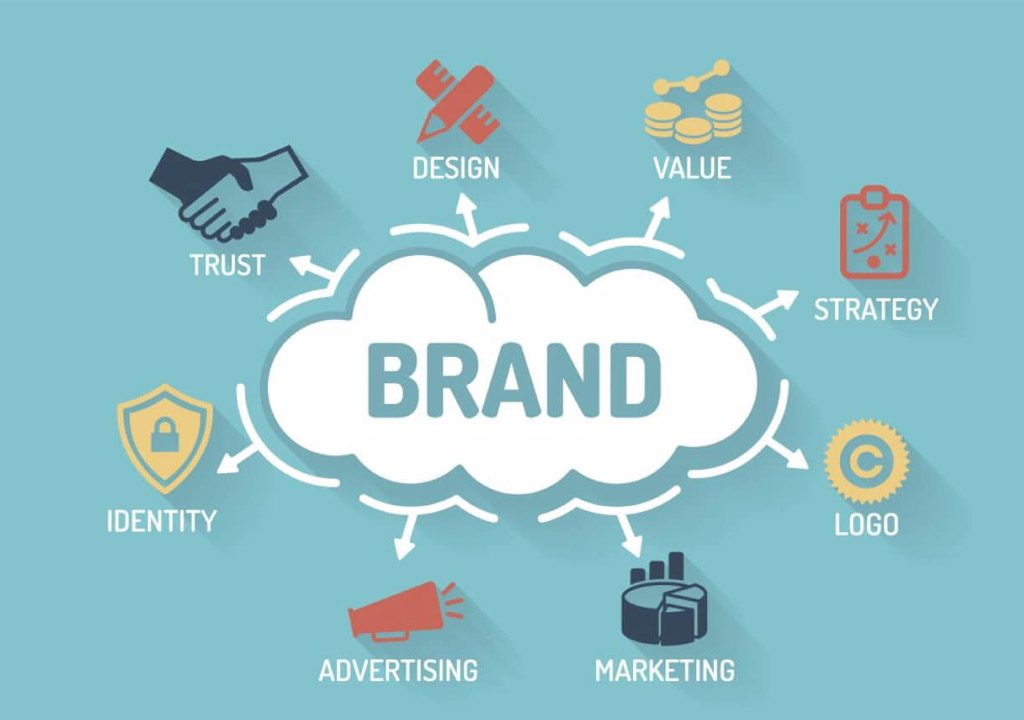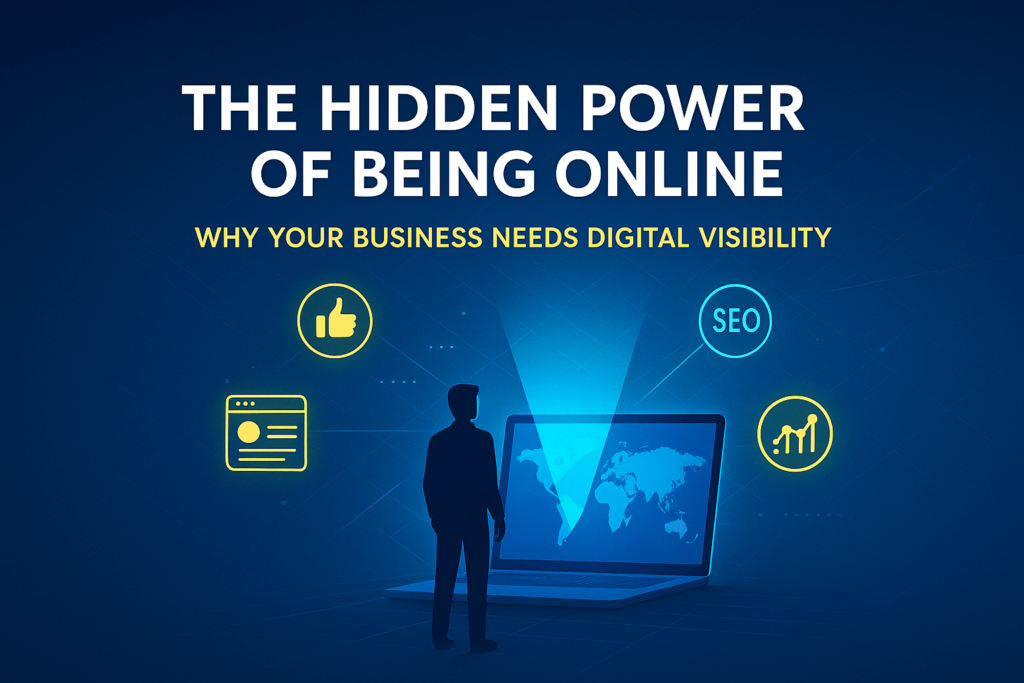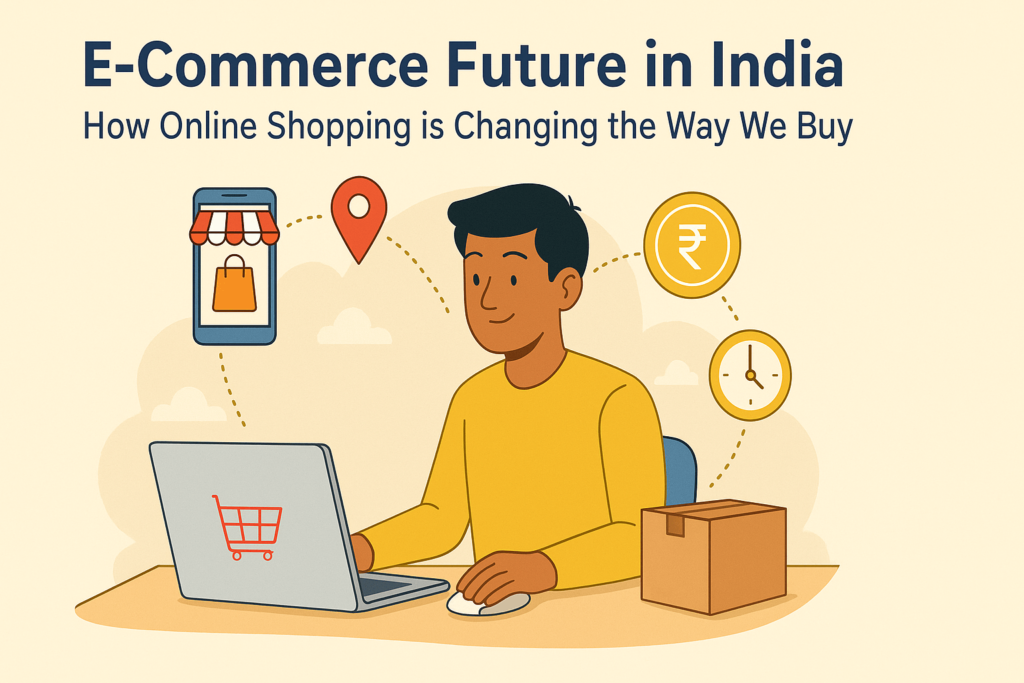What Kind of Platform Do You Need to Effectively Showcase Your Products or Services?
When someone lands on your website, they’re forming an opinion about your business in just a few seconds. And let’s be real if your site is slow, messy, or hard to understand, they’ll be gone before they even know what you offer. Whether you’re running an online shop or offering services, one thing’s for sure: your platform needs to represent you well. It should feel like your brand, speak clearly to your audience, and make everything simple from browsing to buying to booking. So, the big question is: what kind of platform do you actually need to showcase your products or services effectively? Why Your Platform Is More Than Just a Website These days, your website isn’t just a place to dump info. It’s where people get to know you. It’s your showroom, your office, and your 24/7 sales rep all rolled into one. If you get the right platform to showcase products or services, you’re setting yourself up for long-term success. The right platform: Shows off your products/services clearly Builds trust Helps customers take action (buy, contact, book) Makes your business look professional On the flip side, the wrong platform? It confuses visitors and drives them away. Step 1: Know What You’re Offering Before we even get into which platform to use, ask yourself a basic question: Are you selling physical/digital products, or are you offering services? This one question will point you in the right direction. If You Sell Products… You need an e-commerce platform option that makes it easy for people to browse, add to cart, pay securely, and get updates. If You Offer Services… You need a professional-looking site that explains what you do, shares your experience, and helps people book or contact you easily. That’s where good services website design comes in. Let’s take a closer look at both. The Best Platforms for Selling Products Selling online means you need more than just a pretty homepage. Your platform should handle product listings, payment gateways, inventory, and customer orders all without giving you a headache. Here are the most trusted e-commerce platform options out there: 1. Shopify Perfect for beginners and small businesses. It’s clean, fast, and everything is ready to go out of the box. You don’t need any technical skills to run a store on Shopify. Why people love it: Beautiful templates Easy product management Built-in payment options Fast and secure checkout Best for: Clothing, beauty, gadgets, digital downloads pretty much any product. 2. WooCommerce (on WordPress) If you’re already using WordPress or want full control of your site, WooCommerce is a solid choice. It’s highly customizable and has loads of features. Why people love it: Flexible and powerful Great for SEO Tons of plugins and tools Best for: Medium to large stores, or businesses wanting full control. 3. BigCommerce This one’s great if you’re aiming to scale fast. It’s built for businesses with larger product catalogs and advanced needs. Why people love it: Handles complex product setups Strong performance for bigger stores Great integrations No matter which one you choose, make sure it helps you create a great website for product display—clean product pages, clear pricing, and a smooth checkout process. The Best Platforms for Showcasing Services If you’re a coach, consultant, creative, or run any service-based business, your website should help people understand what you do and how to work with you. Here are the best platforms for showcasing services: 1. WordPress If you want a long-term website that can grow with your business, WordPress is the way to go. It’s flexible, powerful, and perfect for content-rich service websites. Why people love it: Great for SEO Easy to add blogs, booking forms, galleries You have full ownership Best for: Coaches, agencies, consultants, professionals 2. Wix Wix is super beginner-friendly. You can literally drag and drop your way to a good-looking site in a day. No coding, no hassle. Why people love it: Easy setup Nice templates Built-in contact and booking features Best for: Small businesses, freelancers, and anyone just starting out. 3. Squarespace If your brand is very visual like a photographer, designer, or interior decorator—Squarespace might be your match. The templates are stylish and mobile-friendly. Why people love it: Modern design Simple editing Good built-in features Choose a platform that lets you tell your story, highlight your experience, and make it easy for visitors to contact or book you. This is what services website design is all about. What Features Should You Look For? Regardless of what you offer, a good business website should do these things well: Be easy to navigate People should find what they need in seconds. Confused visitors rarely stick around. Work well on phones Your platform must be mobile-friendly. More than 60% of your traffic is likely coming from phones. Load fast Nobody likes a slow website. If your platform is sluggish, you’ll lose customers. Look professional Design matters. You don’t need fancy animations, but your site should reflect the quality of your work or products. Encourage action Clear call-to-action buttons like “Shop Now” or “Book a Call” should stand out. Don’t make people guess what to do. These things apply to both product display solutions and service-based websites. Choosing the Right Website Platform: A Simple Guide Here’s a quick table to help you with business platform selection based on your needs: You Are… You Should Use… Why Selling products online Shopify Easy, clean, great for e-commerce Selling and blogging WordPress + WooCommerce Full control and SEO-friendly Offering services WordPress or Wix Great for content and contact features Just starting out Wix or Squarespace Quick to set up and easy to maintain Planning to scale fast BigCommerce Powerful and built to grow Remember: the right website platform is the one that fits your business not someone else’s. Why It’s Smart to Have a Dedicated Platform Some people say, “I’ll just sell on Instagram” or “I’ll use a free page on a marketplace.” That’s fine in the beginning but it won’t take you far. Having your















